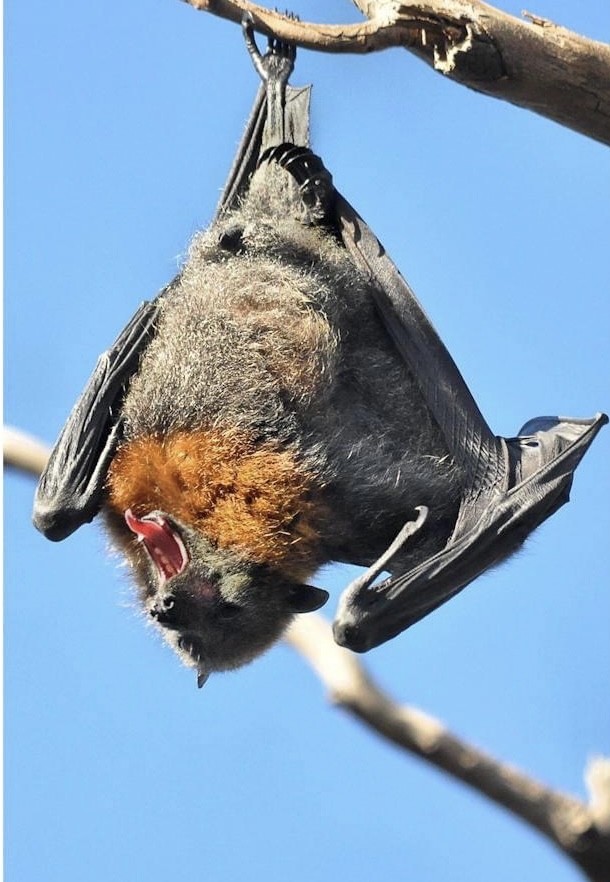By DI BARTOK
WHILE Western Sydney Local Health District (WSLHD) is urging community members to avoid handling bats after the Australian bat lyssavirus (ABLV) was recently detected among bats in the area, a wildlife expert doesn’t want Parramatta Park users to go all batty.
“The simple message is that you can only be infected by bats if you handle them – such as picking up injured bats or trying to free them from netting,” said Sandra Guy from Sydney Wildlife Rescue Service.
“I don’t want people to think that bats from the camp of 15,000 grey-headed flying foxes are going to swoop down on them.
“Bats may annoy people living near them with noise and smell but they are essential for pollinating native trees and have been there before European settlement.”’
Still, 11 people have been referred to the Public Health Unit at Westmead Hospital after being scratched or bitten by bats so far this year.
WSLHD Public Health Unit Director Dr Shopna Bag said four of those people needed treatment.
“Lyssavirus can be transmitted from infected bats to humans through bites or scratches, so it is important people avoid handling any bat in distress, trapped or on the ground,” Dr Bag said.
“While human ABLV infection is extremely rare with only three cases ever recorded in Australia, it is fatal if not prevented with early vaccine treatment.”
If you have found an injured or trapped bat, call your local wildlife rescue service WIRES on 1300 094 737.
Early symptoms of ABLV are flu-like, including headache, fever and fatigue. The illness then progresses rapidly to paralysis, delirium, convulsions and death.
Dr Bag said the disease spreads to people from the saliva of an infected bat, so you’re not at risk from urine or droppings if you live, play or walk near their colonies.
What to do if bitten
If you are bitten or scratched by any type of bat, clean the wound with soap and water immediately for at least five minutes, apply an antiseptic such as Betadine, and seek urgent medical advice.
Following an exposure, people may need a series of injections to protect against lyssavirus infection with the first two to be given as soon as possible.
If your pet has interacted with a bat, seek prompt assistance from your vet. If you work with or intend to start working with bats, contact your local doctor about vaccination.
For more information on Australian bat lyssavirus visit: https://www.health.nsw.gov.au/Infectious/factsheets/Pages/rabies-australian-bat-lyssavirus-infection.aspx.





